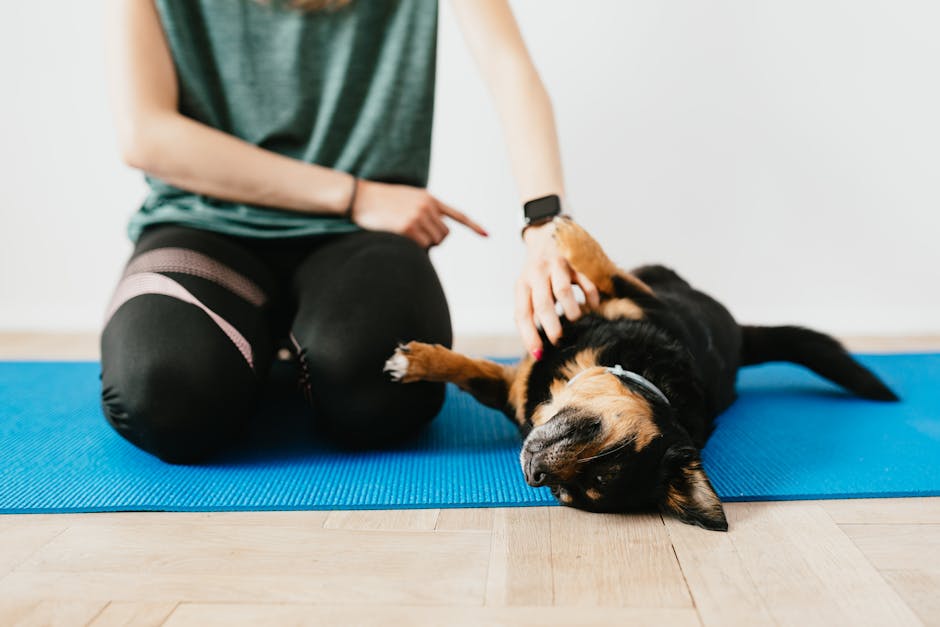Training your dog can be an incredibly rewarding experience that strengthens the bond between you and your furry friend. Whether you're a first-time dog owner or an experienced handler, understanding the fundamentals of dog training will empower you to create a well-behaved and responsive companion.
**The Importance of Dog Training**
Training goes beyond teaching your dog tricks. It establishes clear communication, promotes good behavior, and ensures a harmonious coexistence with both humans and other animals. A well-trained dog is a joy to be around, fostering a positive relationship and making daily life easier for both you and your pet.
**Positive Reinforcement**
The cornerstone of effective dog training is positive reinforcement. Rewarding your dog for desired behaviors encourages them to repeat those actions. Treats, praise, and playtime can be used as rewards, helping your dog associate positive experiences with the behaviors you wish to reinforce.
**Consistency and Patience**
Training requires consistency and patience. Establish clear commands and use them consistently to avoid confusion. Repetition and positive reinforcement will eventually help your dog understand what you expect from them. Avoid punishing your dog for mistakes, as this can damage your relationship and make them fearful of training.
**Socialization**
Socialization is crucial for a well-rounded dog. Expose your dog to different people, animals, and environments to build their confidence and prevent fear or aggression. Early socialization helps your dog adapt to various situations and become a balanced and well-behaved member of society.
**Leash Training**
Leash training is essential for safe and controlled walks. Teach your dog to walk calmly on a loose leash without pulling or lunging. This ensures their safety and prevents them from becoming a nuisance to others. Start by practicing in a quiet area and gradually expose them to more challenging environments.
**Obedience Training**
Obedience training teaches your dog basic commands such as sit, stay, come, and heel. These commands give you control over your dog's behavior, ensuring their safety and facilitating communication. Practice these commands regularly in different locations to reinforce their understanding.
**Advanced Training**
Once your dog has mastered basic obedience, you can explore more advanced training options. This could include agility, tracking, or obedience competitions. Advanced training challenges your dog's skills and provides mental and physical stimulation, fostering a strong bond between you.
**Seek Professional Help**
If you encounter challenges or difficulties during training, don't hesitate to seek professional help. Certified dog trainers can provide personalized guidance and support, helping you achieve your training goals effectively. Professional training can also address specific behavioral issues or train your dog for specialized tasks.
**Conclusion**
Dog training is an ongoing journey that requires dedication and consistency. By embracing positive reinforcement, patience, and socialization, you can transform your canine companion into a well-behaved and responsive friend. Remember to enjoy the process and celebrate your dog's progress along the way. With love and guidance, you and your dog will embark on an extraordinary adventure that will deepen your bond and create a lifelong connection.
